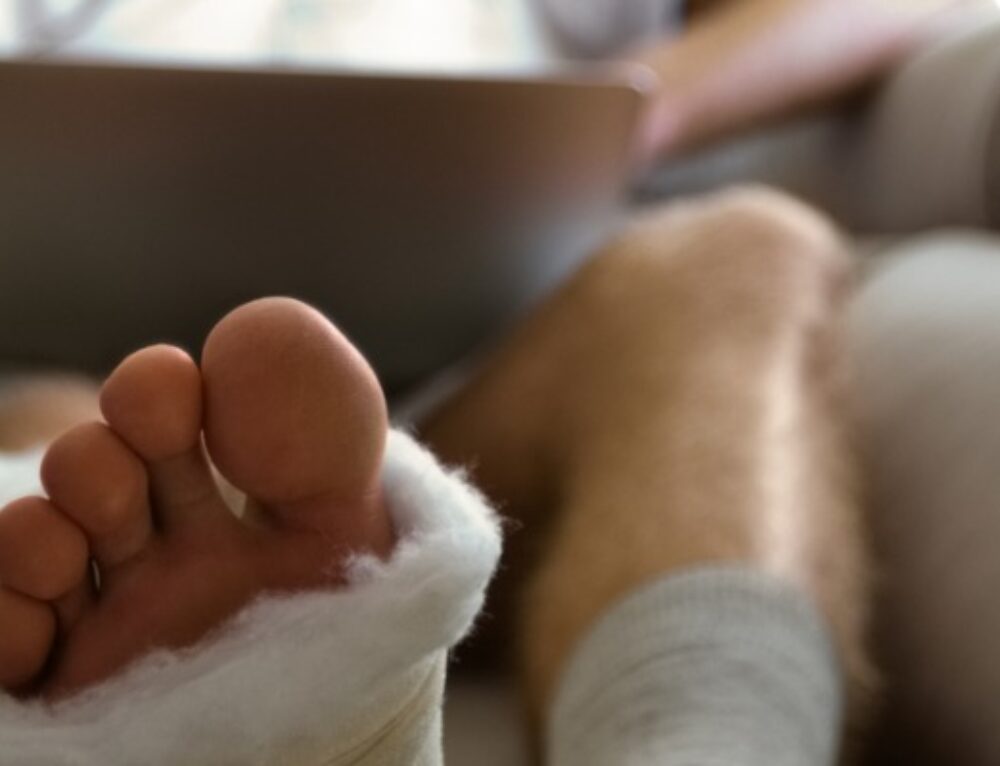Whether you’re grabbing your groceries, strolling along a footpath, browsing a shopping centre, or even hanging out at a friend’s house, you deserve to be safe from injury. If you’re injured – in a private or public space – in a slip and fall accident due to someone else’s negligence (whether that be a person, business, or local council) you may be eligible to claim legal compensation.
Our expert team at Stephen Browne Personal Injury Lawyers can help you understand whether you have a claim and help you navigate how to access the compensation for your losses suffered.
Read on to learn more about the types of compensation available after a slip and fall injury in Western Australia.
Types of compensation for slip and fall accidents
Essentially, the purpose of claiming compensation is to help restore your living situation to what it was before the accident occurred.
There are a few different types of compensation and these can include:
1. Medical expenses
After a slip and fall accident, you could be reimbursed for medical expenses you’ve had to pay due to your injury. This includes any paid using government benefits and any future medical expenses.
These medical expenses are repaid by the negligent party’s insurer.
2. Loss of earnings
If you are unable to work due to your injuries, you could claim for ‘loss of earnings’. This may include wages, or business profits if you are self-employed, and could even include lost superannuation entitlements.
You can claim for loss of earnings in the past, as well as the future. This is particularly important if you are likely to need further time off work or if you have had to reduce your usual working hours or responsibilities because of your injury.
To claim for lost earnings there are two pieces of evidence required:
- Medical evidence: medical certificates or a detailed report from your GP or occupational physician.
- Prior earning evidence: annual tax return payslips, business financial reports, employment contracts or bank statements.
3. Cost of care or domestic assistance
If needed, you may be eligible to claim for ‘domestic care and assistance’. This includes both paid professional care services, and unpaid care provided to you by friends and family in your household.
Our tip: As you’re recovering, we recommend keeping a written record of the care and assistance you’ve required as well as any receipts from medical bills.
4. Pain and suffering
Putting a dollar figure on a person’s pain and suffering is not an easy task and the Courts have to consider a few elements when deciding how much money is awarded.
They will consider the evidence to support how an injury has significantly impacted a person’s life and may also compare to similar decisions in earlier court cases when deciding how much compensation you get.
What is contributory negligence?
‘Contributory negligence’ refers to accidents where the victim’s negligence has played a factor. Failure to take reasonable care of one’s safety will reduce the compensation awarded to the extent of the victim’s negligence.
Expert personal injury lawyers for slip and fall accidents in WA
If you have been injured in a slip and fall accident, our expert personal injury lawyers can help you understand whether you are entitled to compensation. We fight for the best outcome for our clients and will be by your side every step of the way. Contact our team today for information on slip and fall compensation in Perth.



